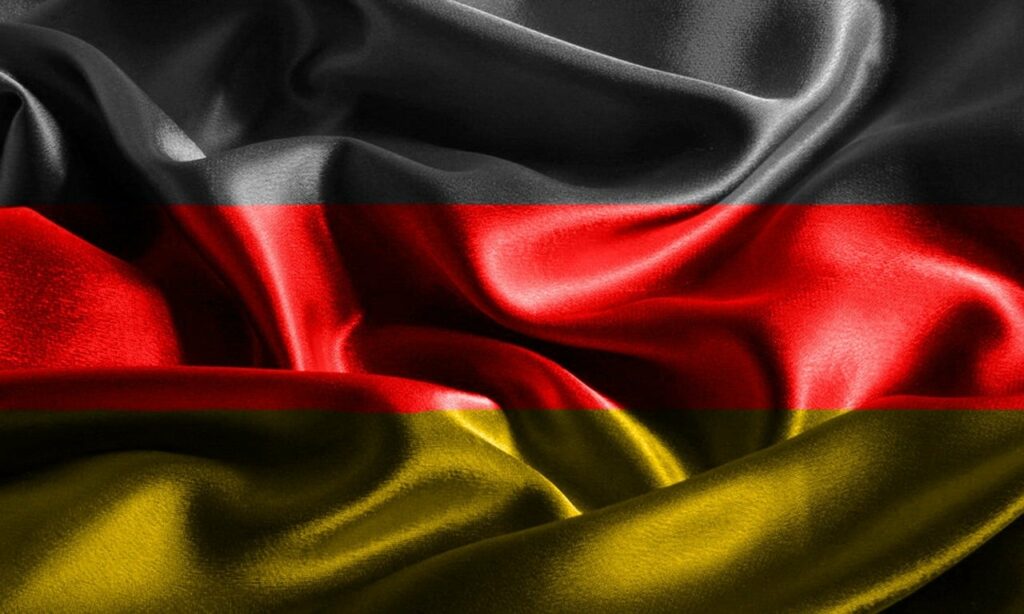As Europe accelerates its transition toward low-carbon energy, the inauguration of Greenlyte Carbon Technologies’ LiquidSolar SNG plant in Duisburg represents a key milestone in industrial-scale synthetic fuel deployment.
With global demand for sustainable e-fuels projected to increase alongside electrification and decarbonization targets, the facility exemplifies the movement from pilot demonstrations toward commercially viable solutions.
The Duisburg plant delivers five tons of synthetic natural gas (SNG) annually while removing 40 tons of CO₂ per year, illustrating how modular, fully electrified systems can integrate carbon capture and green hydrogen production. Greenlyte’s LiquidSolar™ platform generates high-purity syngas for downstream conversion into SNG, e-methanol, and sustainable aviation fuel (eSAF) at costs competitive with fossil alternatives, a critical metric for industrial adoption.
The project’s development cycle, from engineering to inauguration, took under 12 months, with the final build-out completed in less than three months. This rapid timeline underscores the modular design of the technology and builds on more than 13,000 operating hours in pilot projects, which have validated reliability and operational stability. These data points support Greenlyte’s broader industrialization strategy, with a scaled e-Methanol plant planned for Marl, Germany by 2027 and international market entry targeted by 2030. Long-term offtake agreements with Eurowings and MB Energy demonstrate early commercial traction.
Technical integration relies on combining direct air capture (DAC) with electrolysis to produce green hydrogen and carbon-derived syngas. The process leverages modular units, allowing scalability across multiple feedstock types and enabling competitive returns for investors. Florian Hildebrand, CEO and co-founder of Greenlyte, highlights the strategic advantage of North Rhine-Westphalia’s industrial ecosystem: a dense supplier network, world-class research institutions, and legacy industrial infrastructure enhance both deployment speed and operational efficiency.
Partnerships with research institutions—including the Center for Hydrogen and Fuel Cell Technology (ZBT), the Institute of Energy and Environmental Process Engineering (LEE) at the University of Duisburg-Essen, and RWTH Aachen’s Chair of Technical Thermodynamics (LTT)—support technical optimization and risk mitigation, while Uniper participates as an associated industrial partner. Public funding from the EU EFRE/JTF program and NRW’s Ministry of Economic Affairs underlines the strategic alignment of the project with regional and EU climate and industrial policy objectives.
From a market perspective, the plant demonstrates a tangible pathway for integrating DAC and e-fuel technologies into commercial energy systems. With more than 13,000 operational hours and multiple patents filed, Greenlyte is positioning LiquidSolar™ as a scalable platform capable of delivering feedstocks for e-Methanol, e-Diesel, and eSAF, bridging the gap between renewable electricity availability and end-use energy applications. By 2050, the company aims to capture 100 million tonnes of CO₂ annually, reflecting a long-term strategy to contribute substantively to net-zero energy infrastructure.
Hendrik Wüst, Minister President of NRW, emphasizes the strategic dimension: deploying integrated DAC-to-SNG plants within a region committed to climate-neutral industrialization reduces dependency on fossil energy, supports circular economy principles, and creates measurable value from greenhouse gas removal.
Stay updated on the latest in energy! Follow us on LinkedIn, Facebook, and X for real-time news and insights. Don’t miss out on exclusive interviews and webinars—subscribe to our YouTube channel today! Join our community and be part of the conversation shaping the future of energy.
